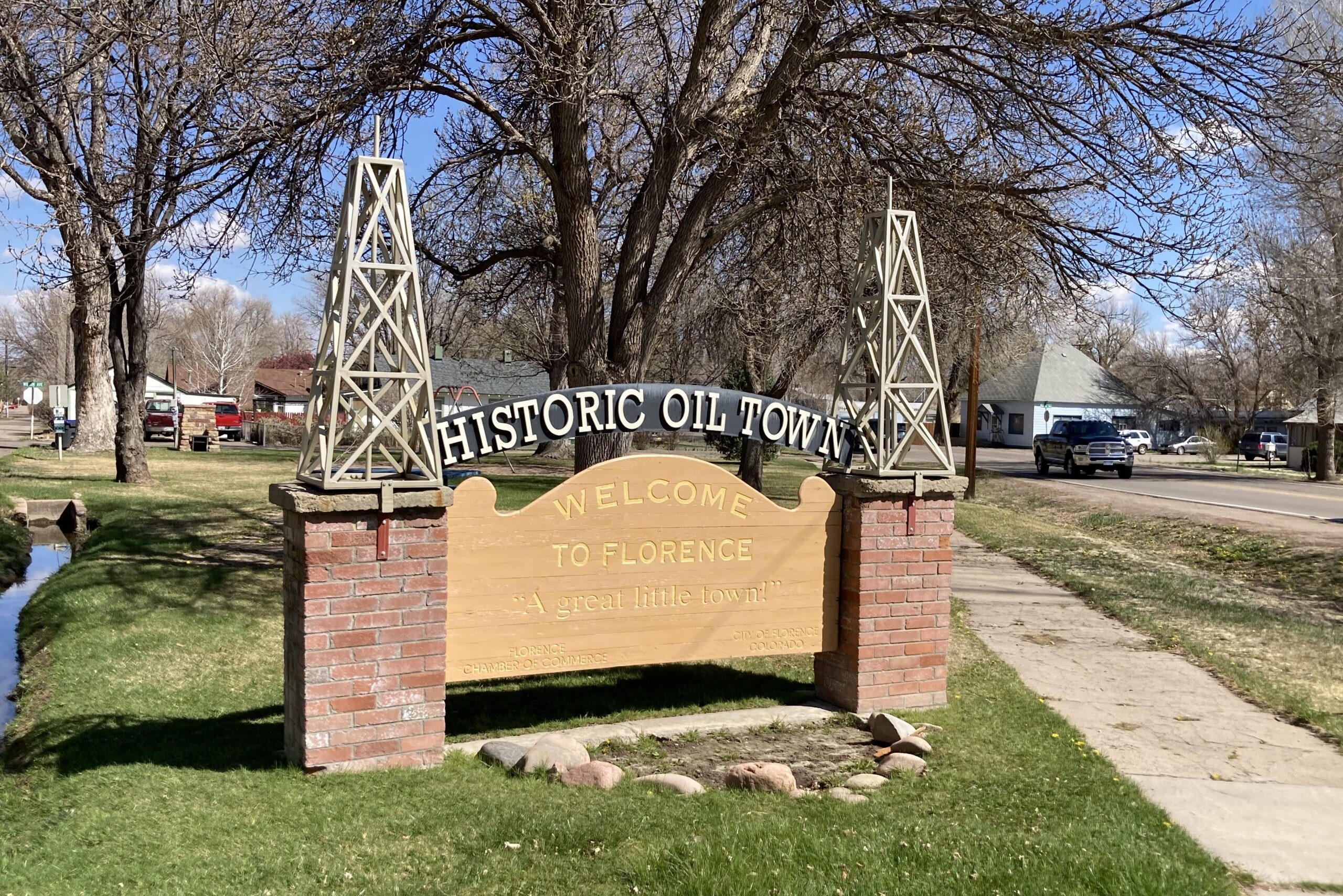
Five communities in eastern Fremont County have to decide if they want to increase their property tax mill levy by 10 mills to pay for emergency medical services.
It’s no small issue there. Earlier this summer, the Penrose EMS was shut down because there weren’t enough volunteers to keep it going. Now it’s up to volunteers from Florence to handle all the calls and they’re already stretched thin too.
Richard Hilderbrand of Penrose is advocating for the mill levy. He said it could get to the point where someone might call 911 in a life or death emergency and no one could respond in time.
This issue affects a total of about 10,000 residents of Florence, Penrose, Coal Creek, Rockvale and Williamsburg. Most of these areas grew in population during the last decade. Hilderbrand also said demand for EMS is increasing and Florence EMS responded to nearly twice the number of calls in the first half of this year as they did in the same time period last year.
If the ballot issue passes, the money will be used for the Florence Fire Protection District to establish an EMS with paid EMTs to staff two ambulances 24 hours a day, seven days a week. One would be based in Florence and one in Penrose. The funds would also cover operations and expenses like medical equipment, supplies, and medications. They’d also be able to add additional fire protection services.
There are other communities around the state dealing with funding issues for their fire departments and emergency medical services. Some have paid staff, some are staffed by volunteers or some combination of the two. But however they’re structured, it can be tricky to fund these services, especially in more rural and remote areas with low populations and big distances to cover.
Hilderbrand said 10 mills would add about $143 per year in taxes for a property with a market value of $200,000.
Some residents have expressed concerns that the mill levy isn’t an equitable way to pay for this service since it’s based on property values and people with higher-valued properties would be paying more for the service than people with less expensive properties.








